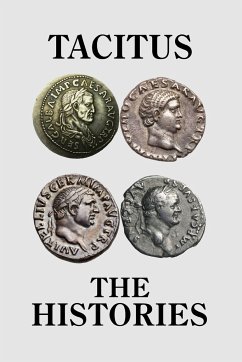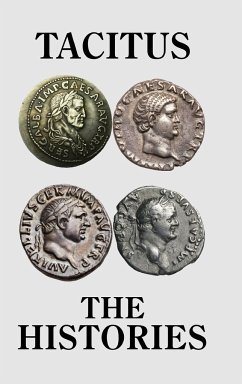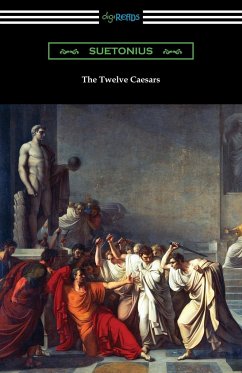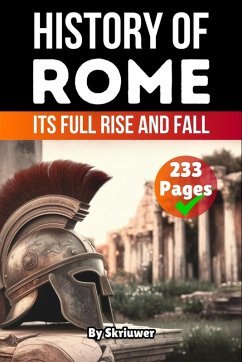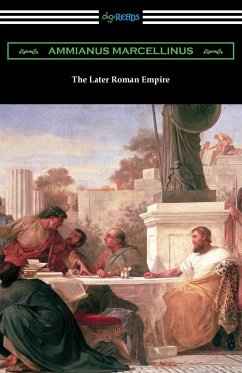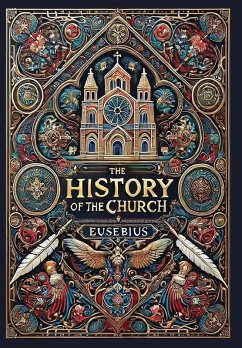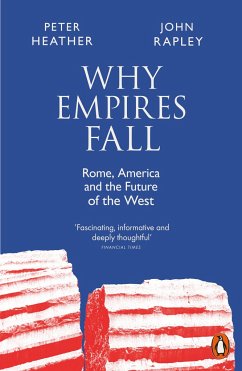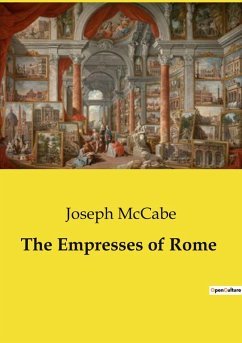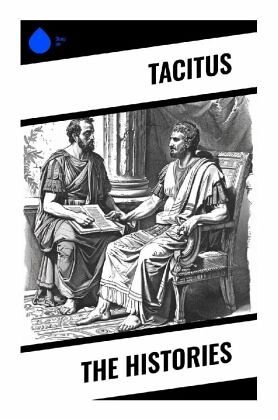
The Histories
Versandkostenfrei!
Versandfertig in 6-10 Tagen
11,20 €
inkl. MwSt.
Weitere Ausgaben:

PAYBACK Punkte
0 °P sammeln!
Tacitus' "The Histories" offers a gripping chronicle of the Roman Empire in the aftermath of the Year of the Four Emperors (69 AD). Written in a succinct yet compelling prose style, this historical narrative delves into the complexities of power struggles, military conflicts, and the moral decay pervasive within the Empire. Tacitus employs a critical lens, blending rigorous historical analysis with vivid character portraits to illuminate the decline of Roman values and the chaotic transitions of leadership. His work stands as a vital piece of historical literature, reflecting the tumultuous po...
Tacitus' "The Histories" offers a gripping chronicle of the Roman Empire in the aftermath of the Year of the Four Emperors (69 AD). Written in a succinct yet compelling prose style, this historical narrative delves into the complexities of power struggles, military conflicts, and the moral decay pervasive within the Empire. Tacitus employs a critical lens, blending rigorous historical analysis with vivid character portraits to illuminate the decline of Roman values and the chaotic transitions of leadership. His work stands as a vital piece of historical literature, reflecting the tumultuous political landscape of a Rome that teeters on the brink of an uncertain future. Publius Cornelius Tacitus, a prominent Roman senator and historian, crafts this narrative against the backdrop of his own experiences and the political environment of the early Roman Empire. Living through a period marked by corruption and betrayal, Tacitus draws upon his keen observations of power dynamics and personal virtues. His deep-rooted connection to Roman traditions and his education in rhetoric profoundly influence his authoritative yet critical approach, allowing readers to engage with the lessons of history as he understood them. Readers seeking a profound exploration of political power and its consequences will find "The Histories" not only a historical account but a timeless reflection on governance and human nature. Tacitus invites contemporary audiences to reflect on the cyclical nature of history, making this work an essential read for anyone interested in the intricacies of human ambition and societal decline.




